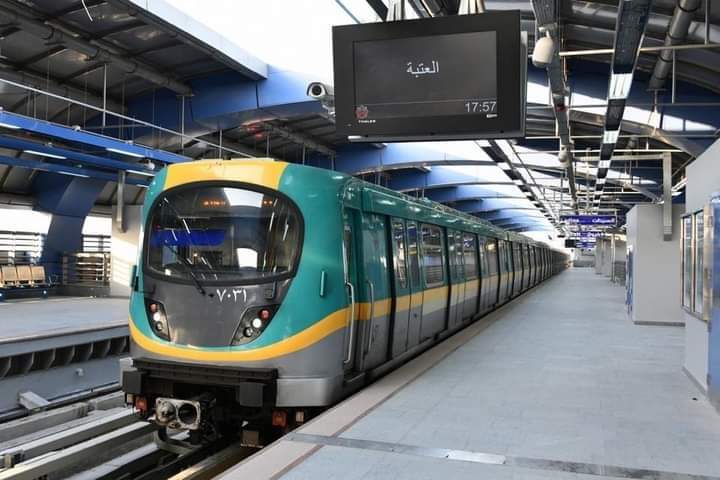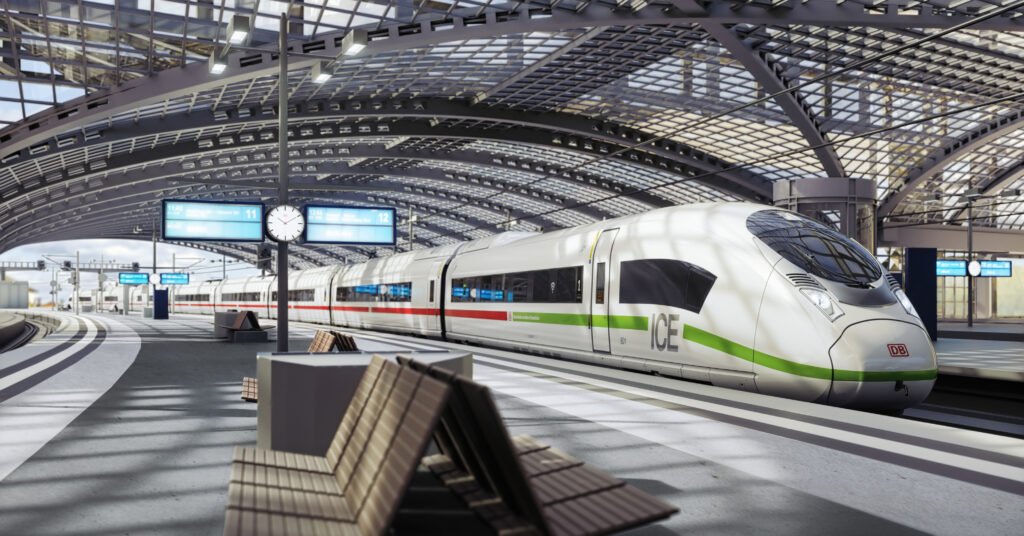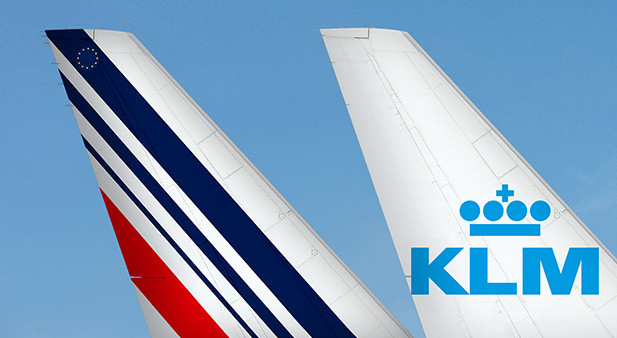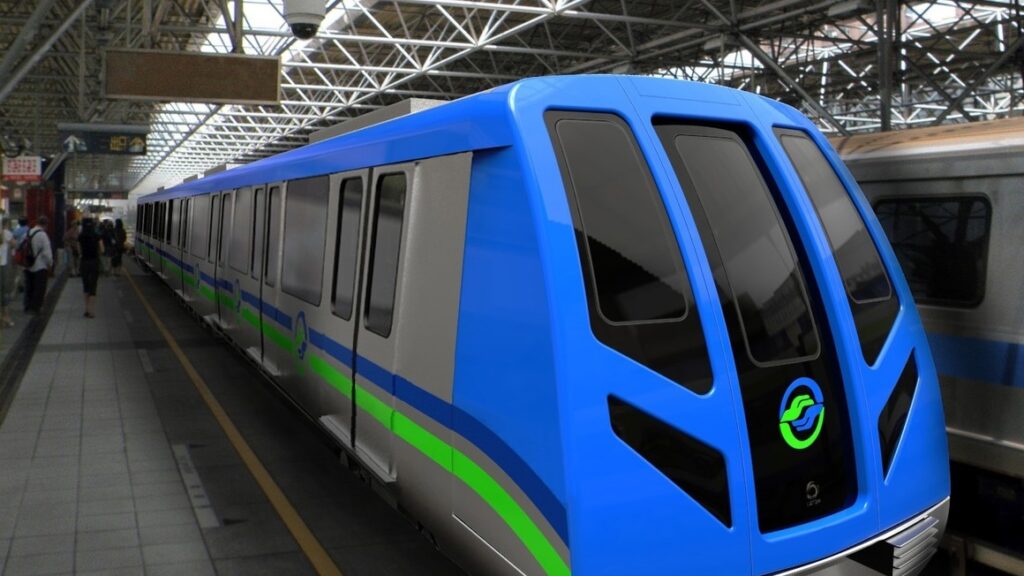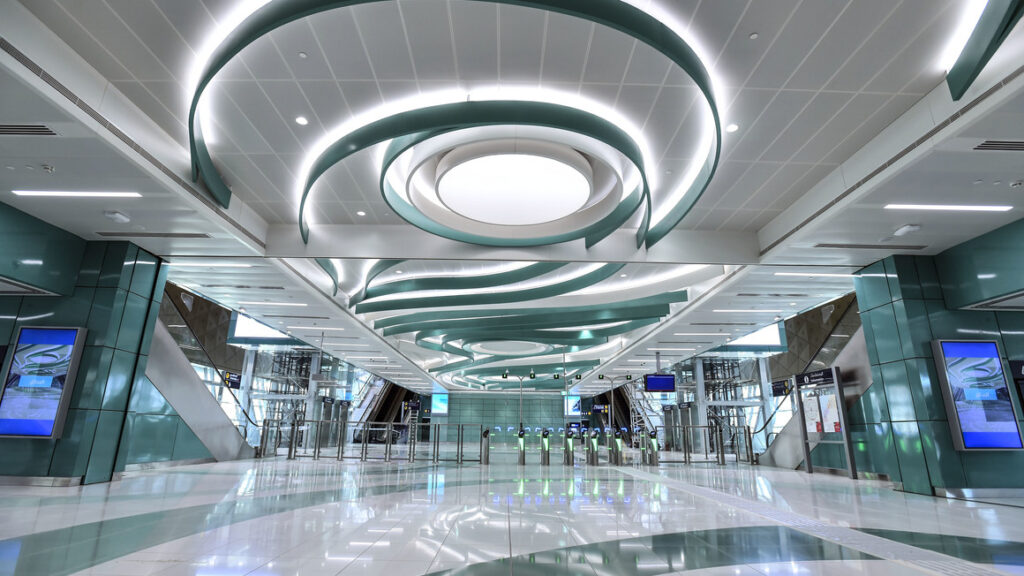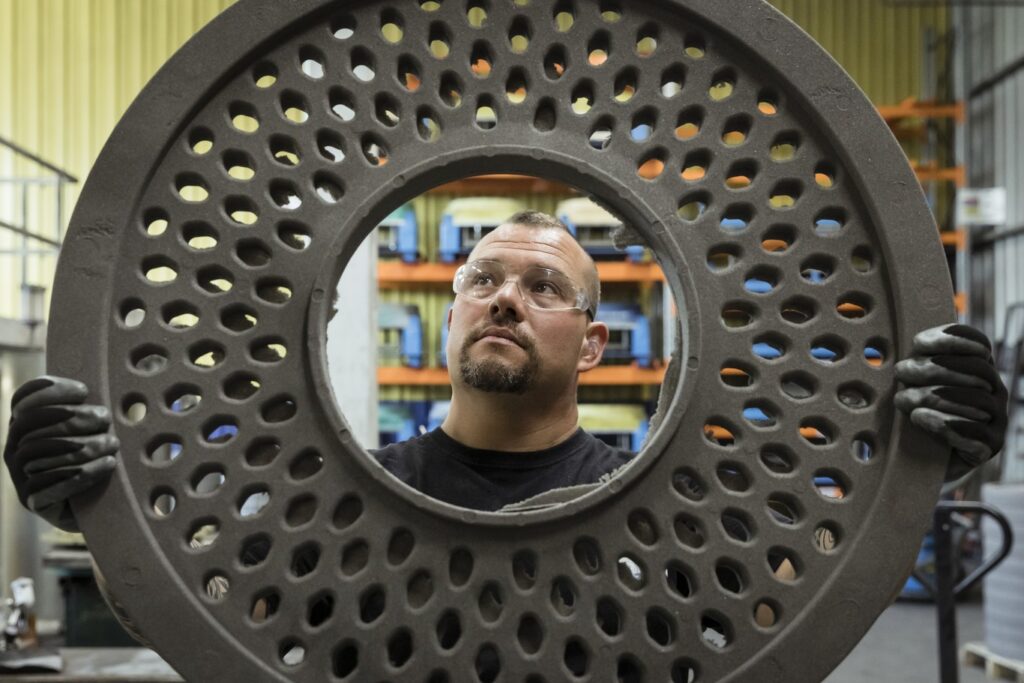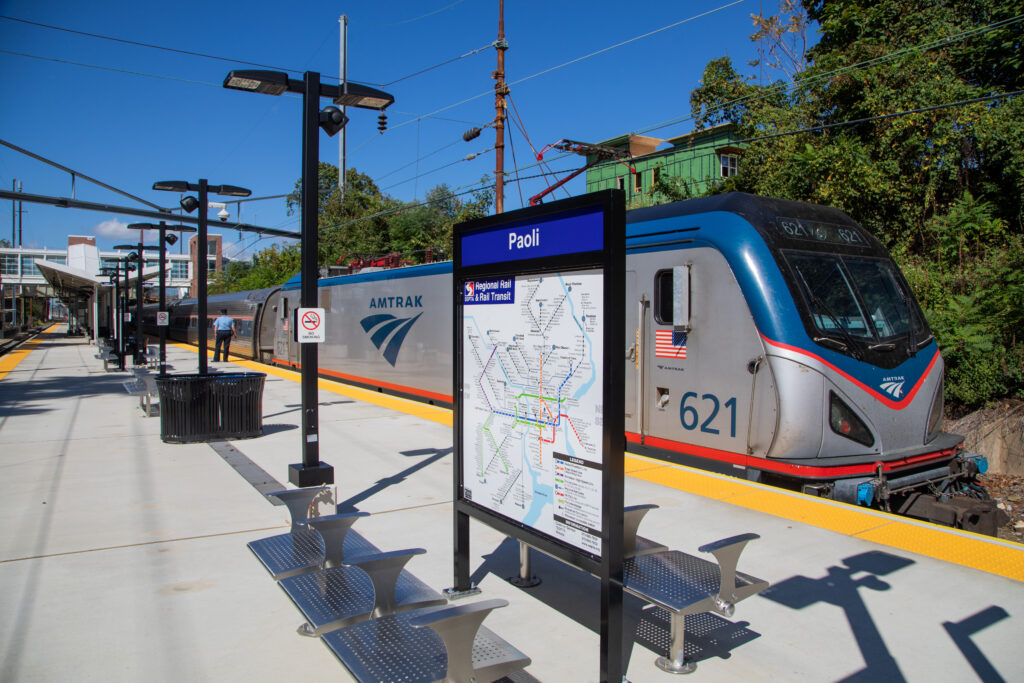Alstom Celebrates Cairo Metro Line 3 – Phase 4 Entry into Service
Alstom has successfully supplied, tested and commissioned part of Cairo Metro line 3 - Ph4 with a total of 10 stations from Heliopolis to Adly Mansour. His excellency the Egyptian President Abdel Fattah Al Sisi,…
